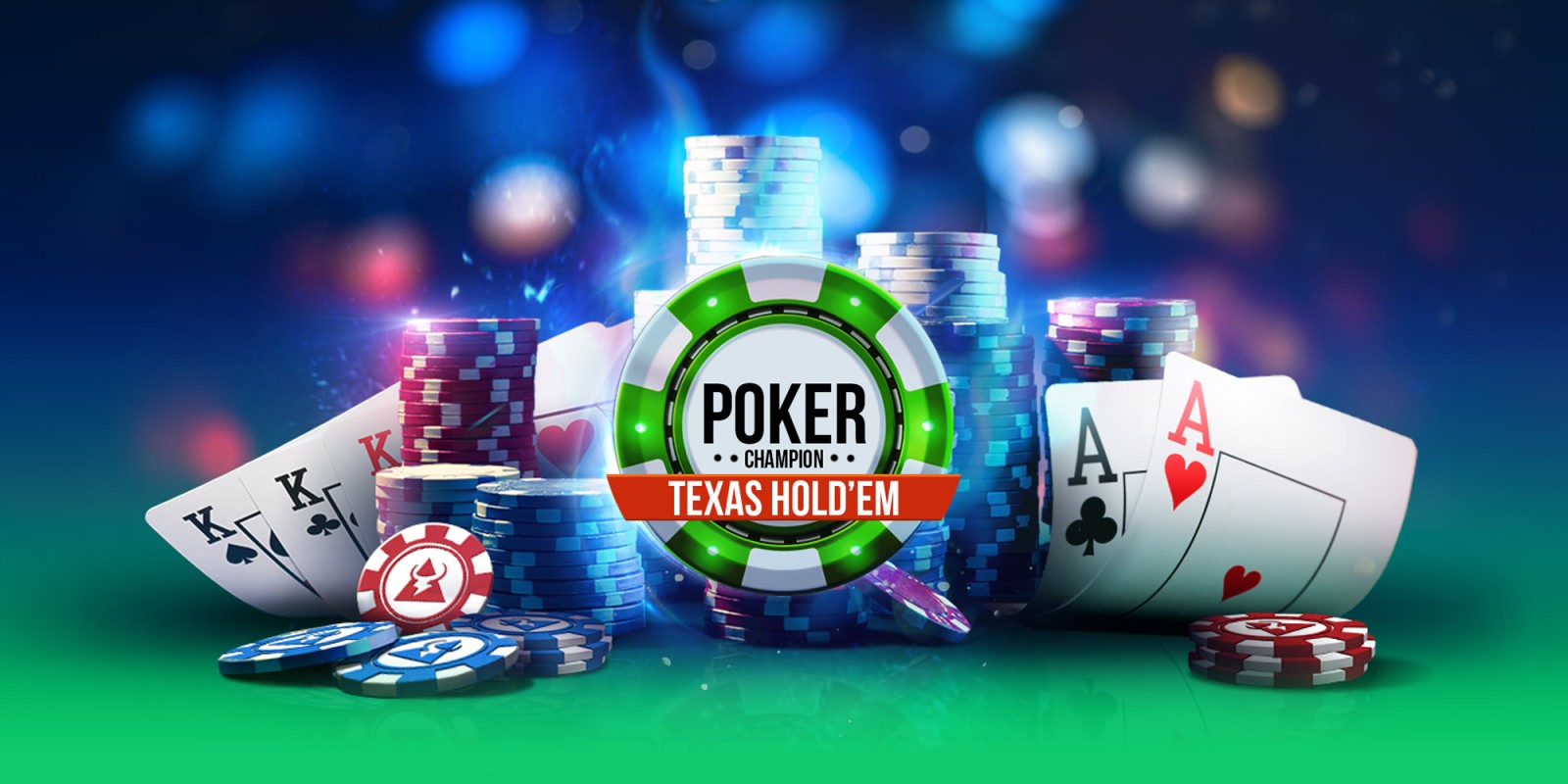
Poker is a card game where players compete against one another in a betting round. The player who has the highest hand wins the pot. The game has a number of variants, but all involve the same basic rules. In the first betting round, players receive two cards face down. They can then decide whether to stay in the game or fold. If they choose to stay in, they must place a bet equal to the amount of money that the person to their left has placed in the pot.
After each betting round, the dealer deals the next card. Then the players must decide if they want to fold, call, or raise. If they don’t have a good poker hand, they can fold and walk away. However, the best poker players know that they can win with a bad hand as well as a good one.
It’s important to keep your emotions in check while playing poker. This will help you avoid tilting, which can lead to big losses and even bigger mistakes. It is also important to set a bankroll and stick to it. This will prevent you from trying to make up for your losses with foolish bets.
Poker is a game of chance, but it also involves psychology and math. It can help improve your working memory, as it requires you to remember multiple types of information at once. It can also help you develop better self-awareness and risk assessment skills. Developing these skills is important for making smarter decisions in life, so it’s a great way to prepare yourself for the real world.
One of the most difficult parts of poker is deciding when to play and when to fold. This is because you don’t have all the information at hand, so you must estimate the probability of different scenarios. This is a valuable skill that can be used in other areas of your life, such as investing or making business decisions.
There are many ways to learn how to play poker, including finding online tutorials and forums. You can also practice at home with a friend or in a local casino. Online poker is also a great option because it allows you to play from anywhere in the world, and you can avoid distractions by playing with friends who are at a similar level to you.
Top poker players often fast-play their hands, which means they bet early and often. This helps them build the pot and chase off other players who are hoping for a draw. To make the most profit, you should always consider the pot odds and potential returns of your hand before deciding on whether to call or raise. Over time, you’ll develop an intuition for poker numbers and will be able to calculate probabilities in your head during a hand. This will improve your overall performance and ensure that you are getting the most out of your bankroll.